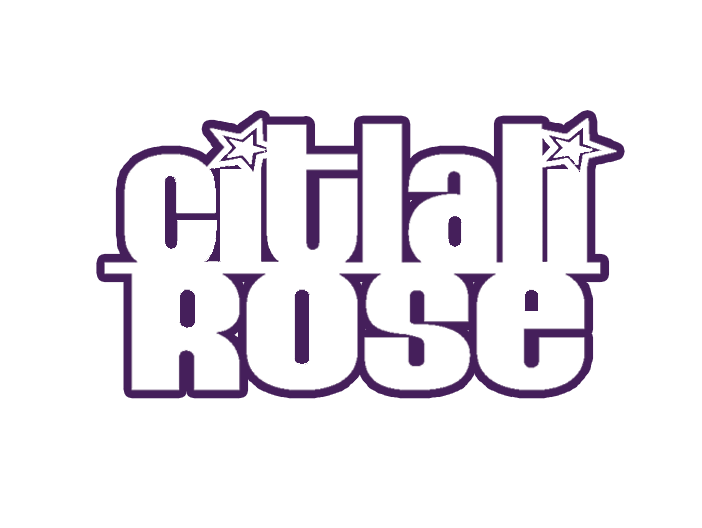the heart of the sCHOLAr
You can’t take the chola out of the scholar. In truth, she is at the heart of the word itself, central, pretty essential, and for the most part, undetected.Serendipitous guidance from the universe brought me to this realization as I was searching for a text thread about my comadre’s “chola love” analysis. My search results gave me a modge podge of texts related to “scholarship” and so came about my epiphany: chola is at the core of scholar.Understand that this is not meant in a romanticized way; I am aware of the very real and raw struggle of that particular lifestyle and of the complexities in the debate as to whether it is a “chosen” lifestyle. I also feel compelled to disclose that a part of my life’s work involves working directly with women and youth toward actualizing their full potential. A huge part of that effort involves looking at common stereotypes from those full, complex, grey areas of analysis. In an artistic way, it’s kind of like that nepantla/in-between space where the chola and the nerd emerge as one being, because sometimes in reality, it really is just like that, but back to my chola/scholar epiphany. . . .The initial thought was brief and yet, the connection ran deep. I knew I couldn’t dismiss it without giving it the proper space and attention to take a good look at why that connection struck me so profoundly. Months later, I am still feeling the impact from that realization.This chola haunted me for days on end, tugging at my attention, compelling me to validate her through my own expansion of scholarship as a call to feel your authentic self, demanding you embrace the parts of you that have been suppressed, repressed, and oppressed in so many forms and on so many levels.What initially drew me to recall that original chola love theory thread of texts was this idea that the chola looks out for us when we forget to look out for ourselves. Sometimes that chola guardian is in the form of a best friend, a comadre, a sister, and sometimes – ourselves. That inner chola that protected us in our own skin, demanding dignity when others sought to cut us down, and loved us when we felt unlovable.Calling out this connection, recovers her as a powerful force whose power can be re/directed for good because in reality, it’s not her power that is problematic: it’s the context of the world in which she has to work with and the stifling of her true gifts that are problematic. By extension, thinking about her in this way, and in a way that is independent of the cholo, challenges how we conceptualize, or think about, ourselves and our world and our possibilities, our limitations, the way in which we access spaces and places of power and privilege. On top of that, we are constantly tugged by and encouraged to buy in to this idea of leaning in without giving much thought about how it is we lean back in ways that serve us well.Instead of how have you overcome your chola? I encourage you to express and examine how does your chola enable you to survive and thrive? Or, put in an alternate but parallel way, how has your capacity to “lean back” worked for you in ways that feel whole and powerful? For sometimes in that process of leaning back, we gain the insights and perspective we need to truly create positive change in our lives from that space that honors our authentic self. As many of us who live in the blur of constantly navigating our realities with latent and blatant assumptions about our abilities and competence, the answer is often situational at best, and lies in both our past and present realities and traumas.And it is in precisely this way that the scholar grabbed my attention: she claims the space that refuses to stifle answers, and in that process, she claims that space to roam and rove, embracing the rogue tendency that can and often does serve as a space of empowerment. From this perspective, she calls on us to examine how we value ourselves as a result of that: Do we even see ourselves in sCHOLArship – the most obvious places for us to naturally gravitate toward to understand, name, and claim our world? Perhaps it is this precise capacity to claim scholarship as a learning means beyond the confines of academia and standard academic conceptualizations of scholarship and learning; beyond the confines of the board rooms; and in truth, beyond the expert advice of leaning in.con safos,

